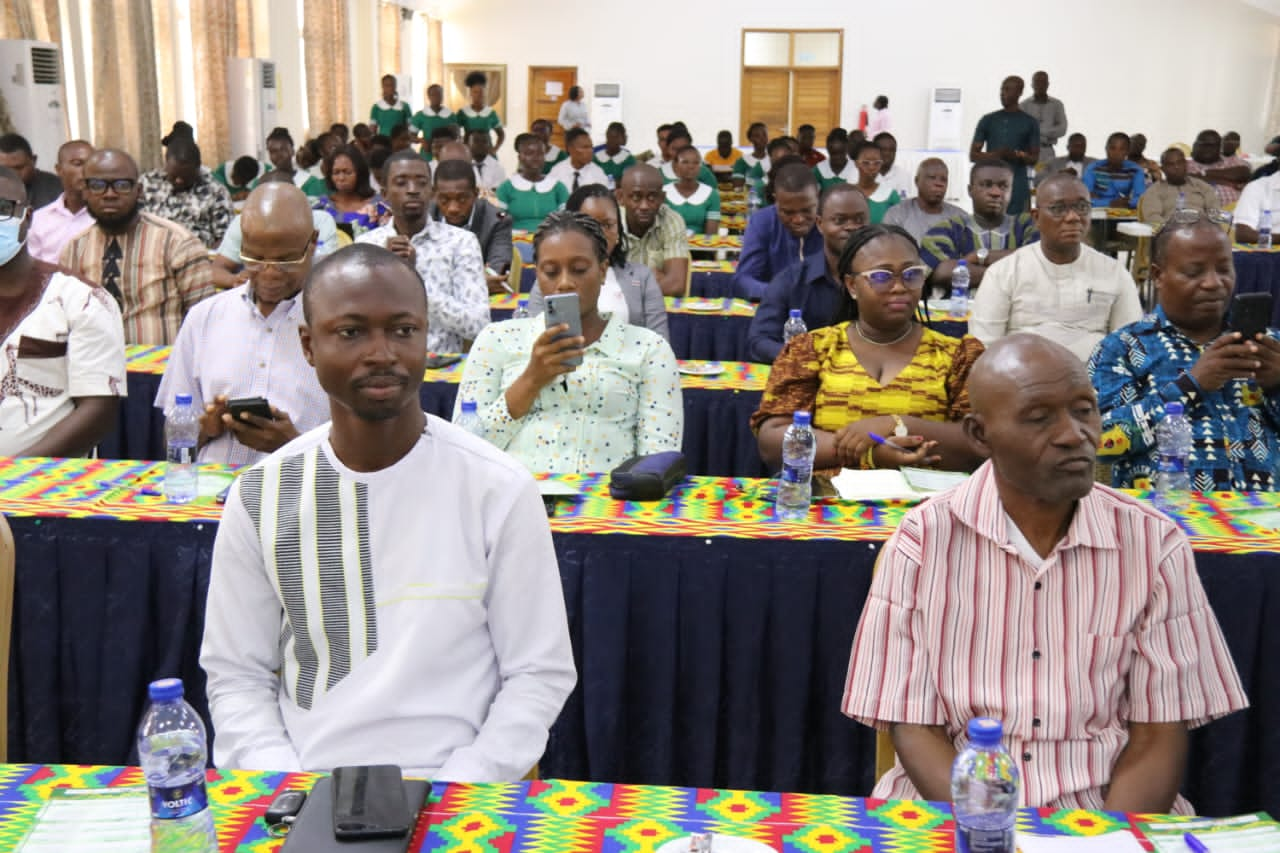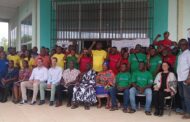The Ghana Health Service (GHS) has launched a mass drug administration (MDA) initiative targeting the eradication of neglected tropical diseases (NTDs), specifically onchocerciasis (river blindness) and lymphatic filariasis (LF or elephantiasis), by 2030.
This year’s campaign aims to reach 6.2 million people in Ghana, focusing on 77 onchocerciasis-endemic areas and three LF-endemic districts across the country.
During the national launch held in Koforidua, Dr. Winfred Ofosu, Eastern Regional Health Director, announced that that in Eastern Region, medications will be administered in three endemic districts of Kwahu Afram Plains North, Kwahu Afram Plains South, and Kwahu East.
He emphasized the importance of community engagement and addressing misconceptions about the medications.
“There will be community engagement and training of community-based distributors. Medicines will be given to them, and the health team will support and supervise them to ensure that all eligible people receive these medicines,” he explained.
He urged residents in the aforementioned districts to coorporate with health workers and volunteers that come to their community.
Dr. Winfred Ofosu stated that come the drug is safe and will help protect them against these two diseases.
Dr. Patrick Kuma-Aboagye, Director General of GHS, highlighted the severe impact of NTDs in a speech read on his behalf by Dr. Franklin Asiedu Bekoe, Director of Public Health, such as disability, disfigurement,social stigma and poverty.
He said “In Ghana, 140 districts are endemic for onchocerciasis, and lymphatic filariasis is endemic in 116 districts. However, transmission of lymphatic filariasis has been interrupted in 109 of these districts, leaving only seven still affected,” he said .
The Mass Drug Administration involves administering single-dose medication to eligible individuals to interrupt disease transmission and ultimately achieve eradication.
“The MDA program, which integrates community efforts and medicine distribution, is crucial in reaching the 2030 eradication goals,” added Dr. Patrick Kuma-Aboagye.
Eastern Regional Minister Seth Kwame Acheampong noted the ongoing efforts to combat NTDs, stating, “Neglected Tropical Diseases (NTDs) contribute to an immense social and economic burden resulting from social stigma, physical disabilities, disfigurement, blindness, discrimination, loss of social status, malnutrition, and impaired cognitive development. The government and the Ghana Health Service will continue to strengthen collaboration with all relevant agencies and stakeholders to eliminate these diseases.”
He said GHS and government extend their gratitude to partners such as WHO, USAID, Sight Savers, FHI360, and NGOs in Health for their continued support. Volunteers who distribute NTD medications are also commended for their essential role in these efforts.
The community members’ cooperation in allowing the distribution of drugs is vital to achieving the goal of eliminating NTDs and improving public health.
Source:Mybrytfmonline.com/Obed Ansah




















































